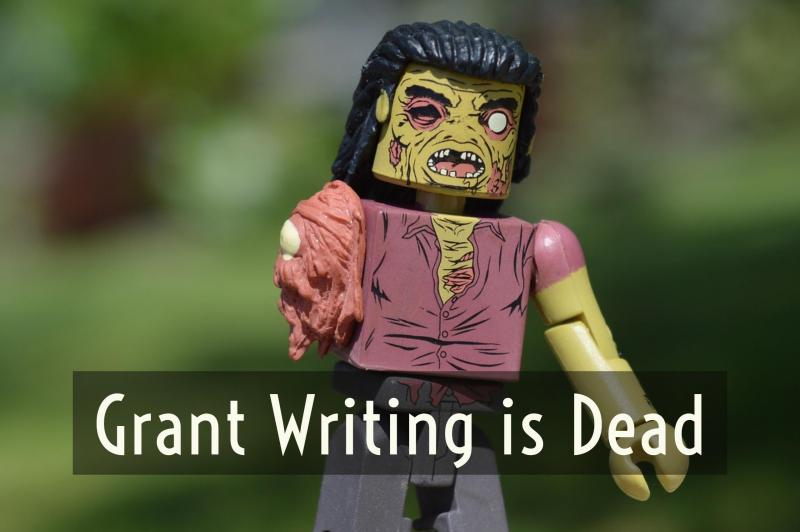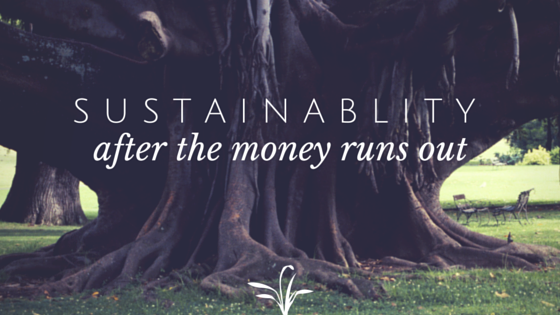Program Start-Up Demands



There are many decisions involved in planning programs and developing grant proposals. While there are a lot of people involved in planning: program managers, financial staff, community members....They're each providing their input, their viewpoints, and contributing to decision-making. With all of the decisions and all of the people involved, it's easy to see how there can be misunderstandings.


Yes, really. It’s an old notion that’s run its course and that was never right in the first place. Time moves on, and in the best of circumstances people wise up. There’s a movement stirring, a new wind blowing. It’s a revolution that calls out to each and every person working in the field of grants, pushing them to wake up or to speak up, and to contribute their energy to move the work forward in the right direction.


Developing winning grant proposals requires a deep understanding of your organization. You’ve got to understand the organization’s capacity, expertise, and place in the community. You must be able to provide a concise, thorough overview of the organization, highlighting its fit with the proposed program. Can you answer the following 12 questions? If not, you’ll need to do some homework.

Logic models – charts that illustrate connections between program activities and outcomes – are great tools for planning programs to address community needs, but many nonprofits use them only to help explain a program they’ve already planned. That’s a backwards approach. You’re much more likely to have real impact on the problem your organization wants to address if you use a logic model to guide the planning process.

Barbara Floersch & Henry Flood co-lead the Grant Management Essentials training program. They both juggle many hats, and have many years of experience writing grant proposals and training grant pros. We wanted to get to know them a bit better—their grant wins and what they do when they aren’t training or consulting.

Having zero experience with grants and writing proposals, I was unsure of what to expect from the 5-day Grantsmanship Training Program. I knew the basics from what I’d seen working across the training room and from what I’d read on the Grantsmanship Training Program Curriculum webpage during my first few days as the Publications and Research Coordinator at The Grantsmanship Center.
The following is a quick breakdown of the week-long training, and some behind the scenes insight on the Grantsmanship Training Program.

Most people define sustainability as “obtaining funding to keep the program running.” That’s not quite right. It’s primarily about perpetuating the results that are being achieved. Sometimes sustaining outcomes requires that you continue the program or some part of it — but not always.